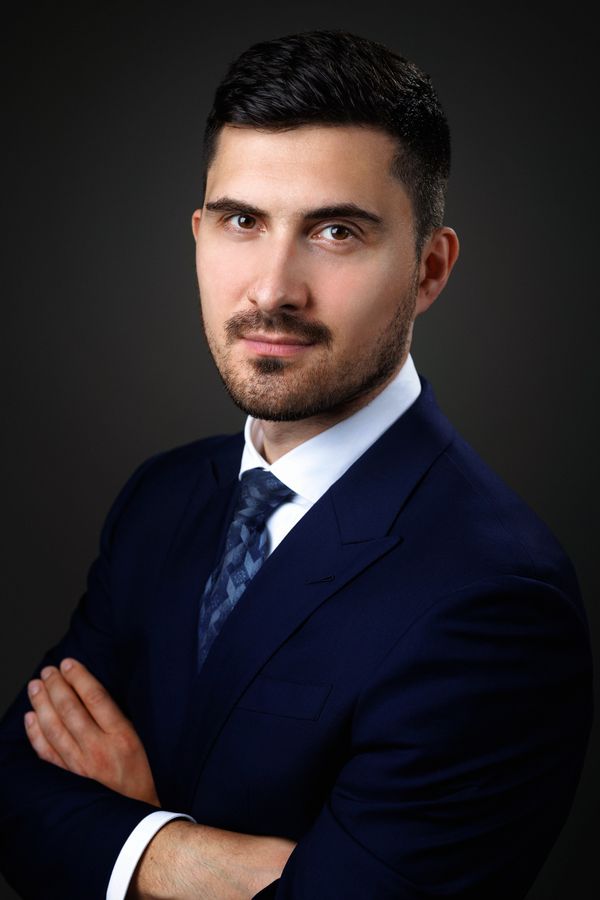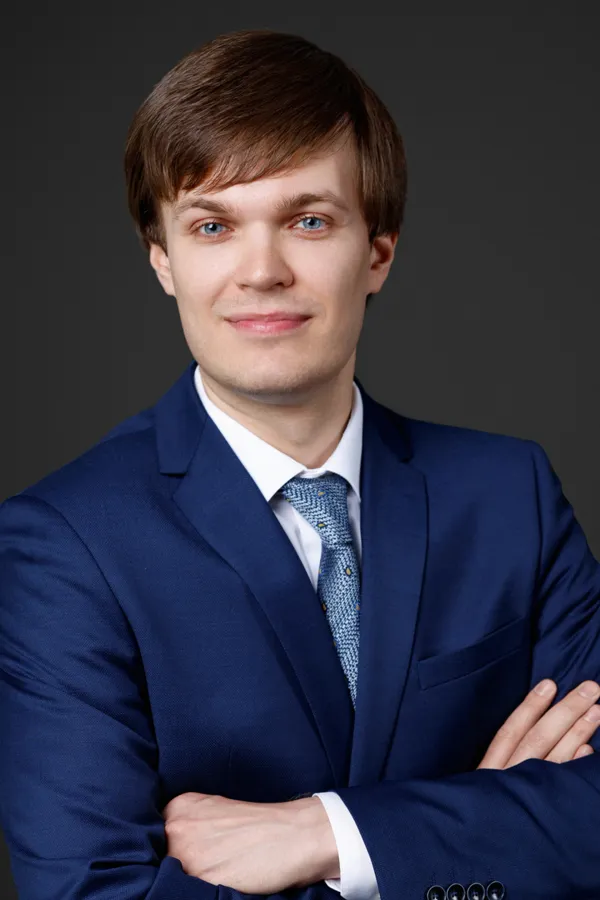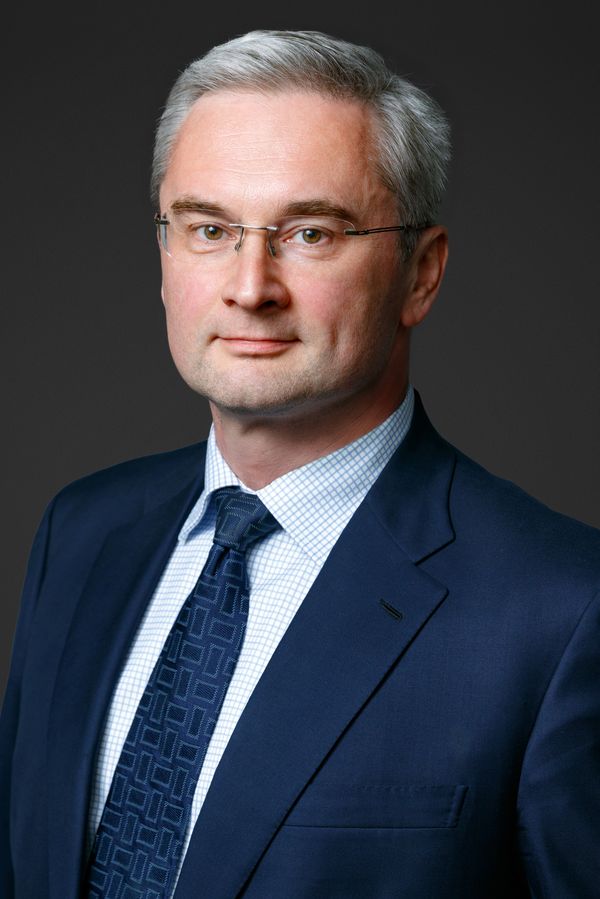On 11 November, VERBA LEGAL hosted a major conference titled “Acts and Chords: Legal Harmony in Investment Projects”, dedicated to the legal and financial support of development projects. The event took place at the Sobranie Museum, renowned for its unique collection of self-playing musical instruments, and was ceremonially opened with a performance on the 1923 Mortier Dance Organ.
Creating a modern urban quarter, a technology park, or a tourist cluster is far more than constructing buildings. It is a complex, multi-year process in which success depends on strategic vision, financial modelling, and legal clarity. How does one turn a project idea into reality?
Session One: Tools for Successful Project Implementation
The first session brought together developers, investors, development institutions, and VERBA LEGAL representatives to discuss effective tools for project execution and the mechanisms of interaction between government and business.
Ksenia Bazanchuk, Head of the Urban Development Projects and Educational Programmes divisions at DOM.RF, emphasised the importance of a clear, well-structured project strategy, with the master plan as a key instrument. “It is not merely a visualisation of the future city, but a comprehensive document integrating strategic analysis, project solutions, a roadmap, financial assessment, and implementation mechanisms. It serves as the foundation for all subsequent decisions: from adjusting urban planning regulations to attracting investors,” she explained.
Securing financing is equally critical. Zakhar Kalmykov, Director of the Shareholding Office at Rodina Group, shared principles for effective negotiations: “A company must demonstrate its creditworthiness based on three pillars: financial health, operational efficiency, and corporate governance — including transparent ownership, an experienced team, and proactive communication with banks regarding any issues.”
Large-scale projects face numerous obstacles. The Comprehensive Territorial Development (CTD) programme has become a vital tool in Russia, yet it presents its own challenges. Vladislav Preobrazhensky, Executive Director of the Moscow Investors Club, noted that amendments to the regulatory framework are often necessary, such as extending CTD agreements with regional authority approval to accommodate unforeseen circumstances, from administrative conflicts to misalignment between authorities, banks, developers, and utilities. He also highlighted the need for mechanisms enabling the termination of CTD agreements under objective conditions.
Kristina Chernova, Head of Legal Support for CTD Agreements at Strana Development, illustrated the practical difficulties of land expropriation under CTD projects. In Moscow, 79% of expropriations are resolved through courts in about six months, whereas in the regions judicial expropriation occurs in only 15% of cases, with expert reviews averaging over 200 days — often repeated — delaying projects by 1.5–2.5 years and affecting economic feasibility.
Session Two: Land, Construction, and Regulatory Challenges
The second session focused on practical issues of implementing urban development projects and land encumbrances. Tatyana Yakovleva, Counsel and Head of the Real Estate, Land, and Construction Practice at VERBA LEGAL, warned developers against assuming that all land-use restrictions are reflected in the State Real Estate Register (EGRN). “Prior to 2018, legislation on special-use zones was fragmented. Even today, courts recognise zones as valid even if they are not listed in the registry, highlighting the need for in-depth legal due diligence beyond EGRN extracts,” she said.
She identified proximity to infrastructure as a common hidden constraint, including pipeline protection zones, power lines, communication networks, sanitary setbacks, metro technical zones, and others. Only comprehensive legal due diligence, including urban planning documents, layout plans, underground infrastructure maps, and historical municipal resolutions, can reveal such hidden encumbrances.
Projects involving cultural heritage sites require additional attention. Natalia Dubova, a lawyer in the Real Estate, Land, and Construction Practice at VERBA LEGAL, explained that such sites are governed by specific heritage legislation rather than the Urban Planning Code. Any work — conservation, repair, restoration, or adaptive reuse — must be approved by heritage authorities and include expert oversight. Adaptive reuse is particularly attractive to developers, allowing historical buildings to serve modern functions, but it is also highly complex.
Another common requirement for urban projects is social infrastructure construction. Denis Novikov, Deputy Director for Urban Planning at PIONEER Group, noted that developers in major Russian cities must either build schools, kindergartens, and clinics or pay compensations calculated based on land cost, number of places, and projected inflation. Recent changes to calculation methods mean developers must now provide more places for the same population, increasing financial obligations.
At the same time, municipal programmes, such as technology park creation, offer direct incentives, including tax reductions, loan interest subsidies, and symbolic land lease fees, provided the project meets strict property and economic criteria, such as minimum area, building density, communal facilities, and resident salaries.
Arseniy Dampilov, a lawyer at VERBA LEGAL, and Yaroslav Bychkov, First Deputy CEO of Rodina Group, discussed alternative legal schemes for developing on “foreign” land, including joint venture agreements, co-ownership arrangements, lease with multiple parties, subleases, and changes to permitted land use with subsequent purchase. Such creative legal structures are increasingly essential in urban redevelopment and technology park projects.
Session Three: New Financial Instruments for Development Projects
The final session examined modern financial instruments. Traditional bank loans are often insufficient for large urban projects, making structured finance and project finance crucial.
Vladislav Skvortsov, Partner and Head of Banking and Finance Practice at VERBA LEGAL, highlighted mezzanine financing as a hybrid between debt and equity, where banks acquire collateral and corporate rights, including board representation and veto powers, sometimes supplemented by options to buy or sell project shares. This transforms banks into strategic partners invested in project success.
Project finance relies solely on the project’s cash flows to repay loans, particularly suitable for new districts and technology parks where revenue projections are reliable.
The discussion concluded that modern developers are effectively financial engineers, combining mezzanine loans, options, and government subsidies. Today’s successful project is the result of how skillfully developers can package their idea into a financial product attractive to banks and the state.





